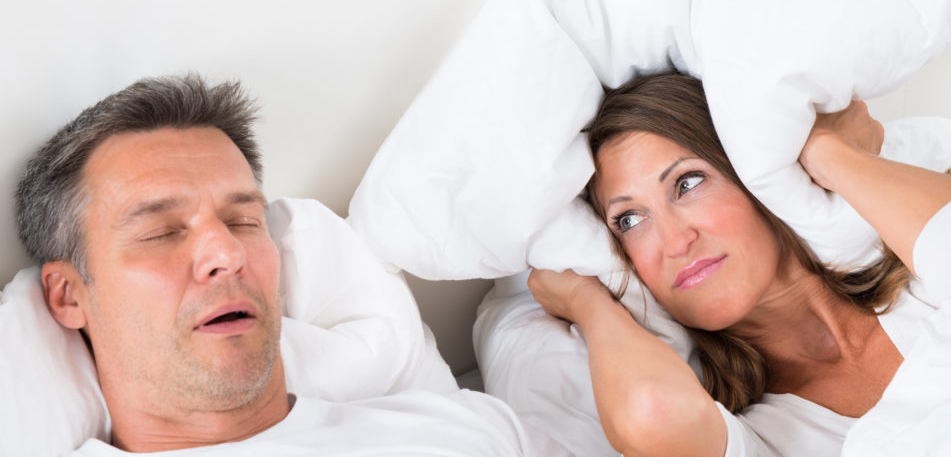

As you might know by now, there are three types of sleep apnea primarily - Obstructive sleep apnea, central sleep apnea, and complex sleep apnea. However, there is also a 'severity' scale for each type of sleep apnea.
It goes like this:
Diagnosing sleep apnea patients with the right level of severity is important to treat sleep apnea with the proper approach. There are many treatment options, like losing weight, using continuous positive airway pressure machines, and sleep medicine.
Let's cover the topic of severe sleep apnea conditions.
The Apnea hypopnea index is an important step to measure the severity of the sleep apnea condition. In this context:
However, AHI doesn't just provide you with the index as mentioned above. The sleep study also becomes a crucial part of diagnosing the severity of sleep apnea. In this, other parameters like oxygen levels, respiratory system, and airflow are also measured.
The simple formula is to combine the number of apneas and hypopneas and then divide it by the number of hours a person slept for. Here is a quick insight into how to determine the severity:
The 'events' in this context are apneas and hypopneas a person suffers from.
If the sleep specialist needs a more thorough evaluation, they might suggest polysomnography. It is another more-thorough test that is used to diagnose sleep disorders. This test also covers various bodily functions during sleep, such as brain waves, eye movements, muscle activity, heart rate, and breathing patterns.
The treatment for obstructive sleep apnea is behind with lifestyle changes like weight loss and other better approaches. As the reason behind obstructive sleep apnea is usually some kind of blockage either due to throat muscles or nasal congestion, proper measures are taken.
When that doesn't work, sleep medicine and other treatment options like CPAP therapy are used. You might get oral appliances to reshape your upper airway or jaws. However, in most cases, severe obstructive sleep apnea requires you to undergo surgery.
Now the surgical procedure can vary from removal of the throat muscle and sinus operation to jaw reconstruction surgery, depending on the reason behind the obstructive sleep apnea syndrome.
Central sleep apnea often requires oxygen supplementation through atrial fibrillation or other methodologies. Sleep medicine specialists also closely work with CSA patients as it has more to do with the respiratory system and nervous system and not any actual blockage.
Unlike pediatric obstructive sleep apnea OSA, CPAP therapy might not be the best approach. Several Central Sleep Apnea often require treatment for other medical conditions like congestive heart failure, kidney failure, neurological diseases, or fatty liver issues.
If that doesn't work, then it can grow into uncontrolled sleep apnea and require immediate treatment, which ends up with surgery or a machine support system like ventilators.
Complex sleep apnea occurs when Obstructive sleep apnea and central sleep apnea combine, and none of the treatment options like CPAP therapy, BiPAP therapy, or oxygen supplementation is enough. It is the more severe sleep apnea that often warrants immediate surgery, at least to get rid of one side of the sleep apnea.
That's why it is also known as treatment-emergent central sleep apnea, which can be life-threatening as well.
Sleep apnea in itself is a common sleep disorder and nothing to be alarmed of. However, if treating sleep apnea doesn't work, then it will severely begin to impact blood oxygen levels. It starts with simple issues like difficulties falling asleep to loud snoring, but the lack of air pressure also impacts blood pressure. As such, test in the sleep lab is pivotal, especially for children's sleep apnea.
The severity of sleep apnea depends on many other factors. If you track and start curing sleep-disordered breathing quickly enough, you won't have to worry about risk factors. We hope that the information was valuable to you.
Leave a comment